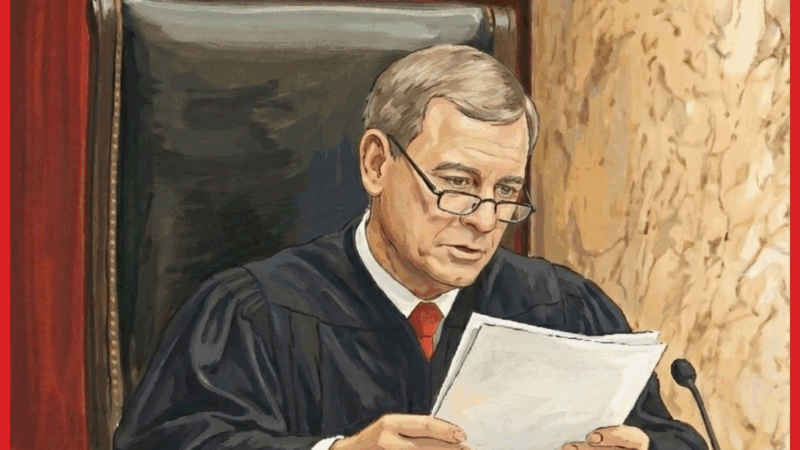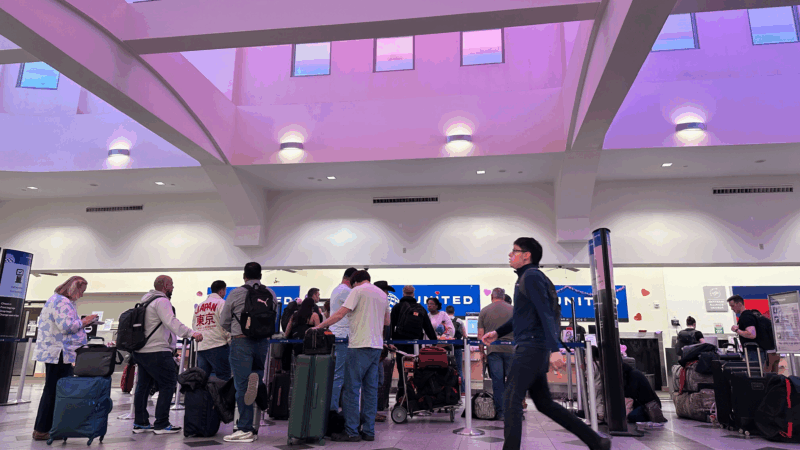Naloxone Access Bill
With heroin use increasing in Alabama the last few years, public health leaders are looking for ways to reduce heroin overdose deaths. Naloxone could be part of it.
The drug, more commonly known as Narcan, can reverse the effects of a heroin overdose if administered to a user in time. It’s not addictive nor does it produce a high. State Representative Allen Treadaway (R-Morris) refers to it as a miracle drug. Treadaway is also a Birmingham police captain and he’s introduced HB 208 in the Alabama legislature to expand access to Naloxone.
First, the bill would allow a doctor or dentist to prescribe Naloxone to individuals struggling with heroin addiction or to someone who is in close contact with that person. That way the drug could be available should an overdose occur.
Secondly, the bill would allow police officers to carry Naloxone and administer it in the event of an overdose. Treadaway said that change could make a difference particularly for rural law enforcement.
“They’re the first ones on the scene, sometimes 20 or 30 minutes before any medical personnel can reach the scene,” said Treadaway. “It’ll allow for medical personnel to get to the scene and get the individual transported to a medical facility.”
Twenty-eight states have some form of Naloxone access laws.
Treadaway said there was some apprehension from the law enforcement community that the use of the drug, along with the expense, would be mandated. The bill allows the use of Naloxone, but doesn’t require it.
“To be able to have something [that requires] minimal training to administer and can save a life, I can tell you it’s something I would chose to carry,” said Treadaway.
Treadway says reaction from other lawmakers has been positive. He expects HB 208 to be brought up in committee on Wednesday.
In blunt warning, the U.S. says Peru could lose its sovereignty to China
The Trump administration on Wednesday expressed concern that China was costing Peru its sovereignty after a Peruvian court ruling restricted a local regulator's oversight of a Chinese-built mega port.
U.S. ice dancers Madison Chock and Evan Bates win Olympic silver, in a stunning upset
Chock and Bates, four-time Olympians, were heavily favored for gold. But they lost by less than two points to a French duo who has been clouded by controversy involving their former partners.
AI brings Supreme Court decisions to life
Like it or not, the justices are about to see AI versions of themselves, speaking words that they spoke in court but that were not heard contemporaneously by anyone except those in the courtroom.
These monks’ walk for peace captivated Americans. It ends this week
A group of Buddhist monks walked from Fort Worth, Texas, to Washington, D.C., in the name of peace. The 108-day pilgrimage captivated Americans.
The airspace around El Paso is open again. Why it closed is in dispute
The Federal Aviation Administration abruptly closed the airspace around El Paso, only to reopen it hours later. The bizarre episode pointed to a lack of coordination between the FAA and the Pentagon.
A Jan. 6 rioter pardoned by Trump was convicted of sexually abusing children
A handyman from Florida who received a pardon from President Trump for storming the U.S. Capitol on Jan. 6, 2021, was convicted on state charges of child sex abuse and exposing himself to a child.





